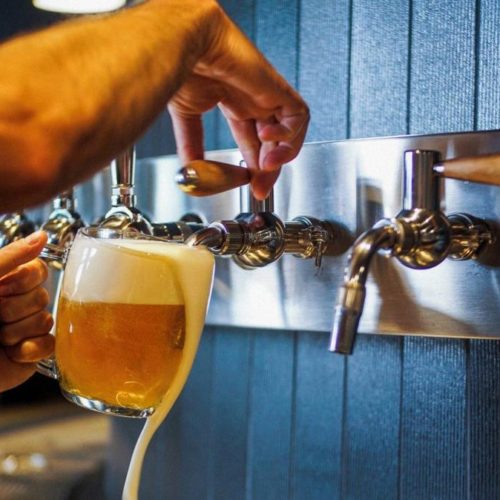Wine lovers know that a glass of wine is more than just a liquid refreshment. It is a product of an entire ecosystem, from the vineyard and cellar to the surrounding community and environment. That is why many vineyards and wineries are choosing to be more sustainable and eco-conscious with their grape production and their overall business practices. In the summer of 2020, the natural wine world was shaken by a scandal that highlighted abusive labour practices at one Italian vineyard, and the importance of social responsibility for brands that stake their reputation on sustainability.
But what does sustainability mean for the wine industry? How can you make sure the wine you’re drinking is environmentally and socially responsible? We’ll explore some of the most common sustainable wine practices to get you started.
Sustainable wine practices are defined as a holistic approach to managing the business of making and selling wine, including grape growing, processing and production, through the lens of environmental, economic, and social considerations. Sustainable wine producers are concerned with reducing their impact on the surrounding environment and they use a variety of techniques such as crop rotation, cover crops, composting and soil health to minimize the need for chemical fertilizers. They also minimize their use of pesticides and rely on nature’s predators instead of synthetic chemicals to keep pests in check. They also strive to maintain relationships with their local communities and ensure their employees’ wellbeing because they understand that without their workforce, no wine would be made.
Beyond the vineyard, sustainable winemakers are concerned with water and energy efficiency in the cellar, and carbon footprint reduction. Since every wine region has different environmental stresses, they have to develop their own standards that fit with the particular conditions of their vineyards and climates. This is why there are so many different sustainability certifications that you will see on your bottle of wine – each with their own set of criteria that they need to meet to earn the label.
In addition to individual wineries, there are a number of groups that promote and support the adoption of sustainable wine production. These include governmental bodies, customers and communities, associations, environmental groups and activists, and regulators. They work to proactively spread a sustainability orientation within the wine industry and create a framework for action.
While many wineries have adopted sustainable practices, they face a range of barriers to their sustainability journey. To help address these barriers, this paper uses background research to: highlight the contributions of different drivers towards a sustainable orientation in the wine industry; define and explain the role that research plays in enabling sustainable orientation to take hold; and identify the key challenges that need to be overcome for successful implementation of sustainability practices. This paper is intended to provide the reader with a comprehensive understanding of the determinants and challenges to sustainable orientation in the wine industry, which will aid winery decision-making processes. It is our hope that this will stimulate dialogue and discussion around the need for more sustainability in all aspects of the wine industry.




